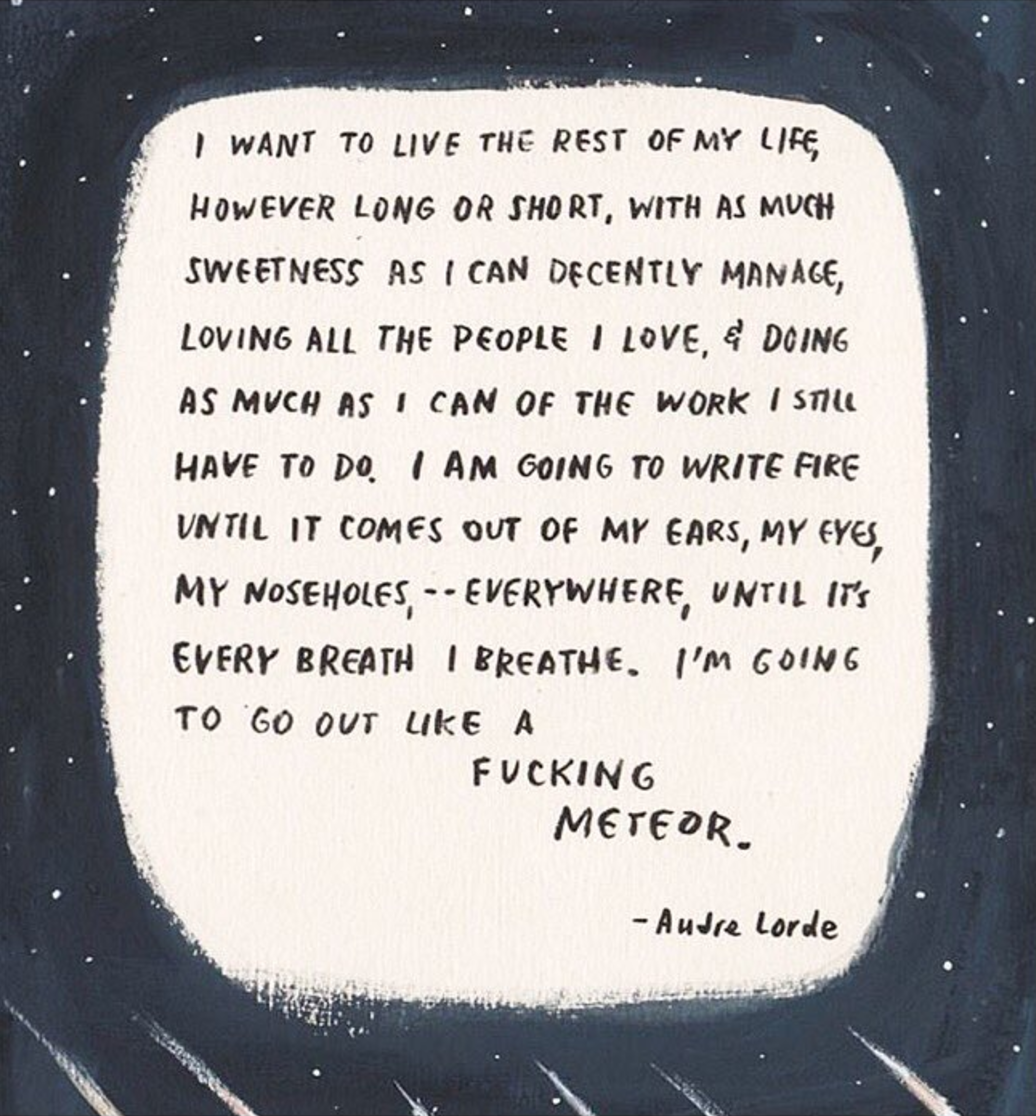
Sharing isn’t always easy.
This past week I was on vacation in Portland and after an excellent conversation, a good friend offered me some advice – that I should be sharing all the things I do with educators. I wrote about the power of focusing on the work, as opposed to self, so his comments left me reflecting on the balance we often face when we share – what to include, how much or how little, and whether we can comfortably talk about ourselves, especially when we’re discussing the work we do.
Have you heard of the humble brag? Well, I don’t believe in it. To me, this is just bragging, which is what I struggle with when writing and sharing about the successes of the work I get to do. It is much easier for me to share what didn’t work because I can focus on how to improve or fix it next time. I post many pictures on social media of educators during trainings and professional development, but writing about the work is different – I have to include myself.
I’m striving to find this mental balance because I believe in the impact of the work that I’m able to do and I want others to be empowered by it. I want to write fire – I want it to come out of every word in every post. I want to create a platform to share the amazing and inspiring things the educators I’m lucky to work with are creating and designing. I want to illustrate how important starting with empathy and relationships is. I want to communicate how even the most simple idea – whether analog or digital – can transform learning for both educators and students.
Sharing isn’t always easy, but it’s necessary. We have to share with each other because it’s an important form of support and capacity building. I am interested in what you have to say, the work you’re designing, the ways in which that work is inspiring and empowering others. I want to read about both your successes and failures. I want us to write fire until it comes out of everywhere, using sharing as a platform to transform learning.
Let’s be meteors.
